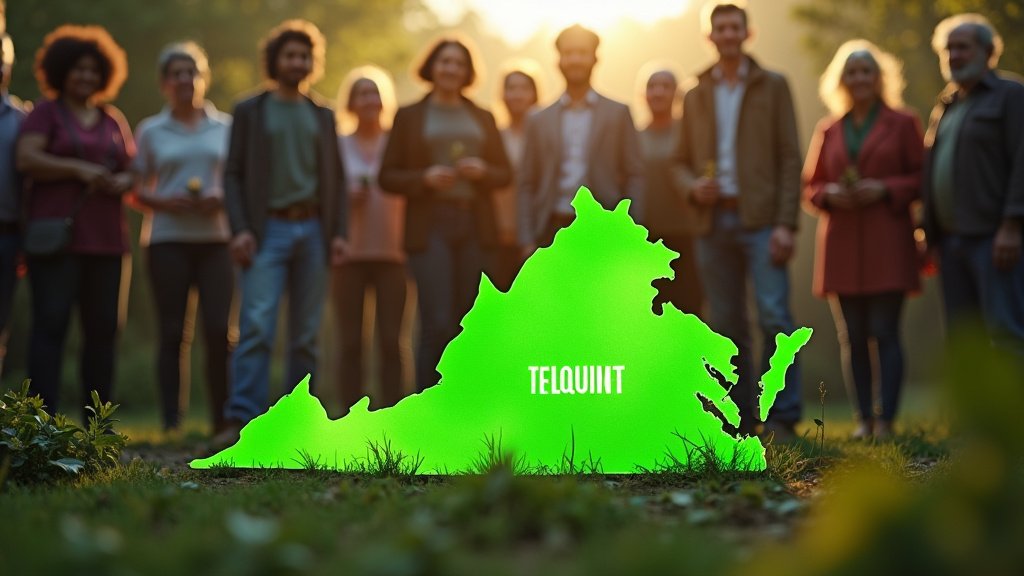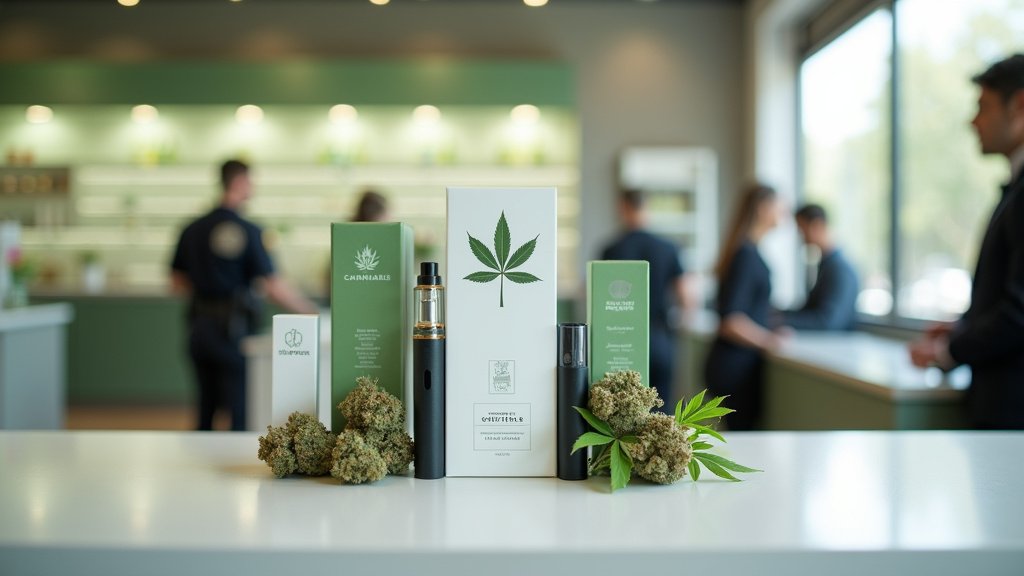Across destinations embracing cannabis legalization, a distinct and rapidly expanding sector of the travel industry is taking root: cannabis tourism. This nascent market is fundamentally altering how travelers select and experience locations, moving beyond traditional leisure activities to encompass specialized accommodations, educational programs, and large-scale public gatherings.
Driven by a confluence of factors, including a growing desire among consumers for unique, experiential travel opportunities and the increasing mainstream acceptance of marijuana, cannabis tourism is poised for substantial growth. Industry analyses point to significant economic potential within this niche.
Quantifying the Market Potential
The financial implications of this burgeoning market are notable. Projections compiled by California-based industry tracker Grandview Research anticipate that the U.S. cannabis tourism market size alone could reach a valuation of $23.7 billion by 2030. This forecast underscores the scale of opportunity perceived within this segment and highlights its potential to become a significant contributor to local and national economies in regions where cannabis is legal and regulated.
Defining the Cannabis Tourism Experience
What constitutes cannabis tourism is multifaceted. It extends beyond simple personal consumption to include a range of services and activities tailored to cannabis enthusiasts and curious travelers alike. Key offerings shaping this sector include:
* 4/20-Friendly Accommodations: Hotels, bed and breakfasts, and rental properties that explicitly welcome or cater to cannabis consumers, often providing designated consumption areas or related amenities.
* Immersive Educational Experiences: Tours of cultivation facilities, processing labs, dispensaries, and workshops on cannabis history, science, or consumption methods. These experiences aim to demystify cannabis and provide insights into the industry.
* Events and Festivals: Large-scale gatherings, exhibitions, and festivals centered around cannabis culture, product showcases, music, and community.
These elements combine to create comprehensive travel packages and itineraries that allow visitors to engage with the local cannabis scene in structured, often regulated, environments.
Business Strategies and Adaptations
In response to this evolving consumer interest, businesses across the travel and cannabis sectors are developing strategic approaches to capture market share. A primary method involves establishing partnerships between traditional hospitality providers, such as hotels, and specialized cannabis tour operators. These collaborations allow hotels to offer cannabis-related packages or experiences without directly engaging in cannabis handling or sales, while tour operators gain access to a broader customer base.
Beyond direct partnerships, businesses are exploring innovative ways to integrate cannabis-adjacent experiences into their offerings, such as pairing fine dining with cannabis product lounges (where permissible), wellness retreats incorporating cannabis consumption, or guided nature tours with designated consumption stops.
Navigating the Regulatory Landscape
Despite the significant opportunities, the cannabis tourism sector faces considerable challenges, primarily related to navigating complex and often fragmented legal and regulatory frameworks. Businesses operating in this space must adhere to strict requirements that vary widely depending on the jurisdiction. Key considerations include:
* Licensing and Operating Requirements: Obtaining the necessary permits to operate cannabis-related businesses or offer cannabis experiences, which can involve intricate application processes and significant financial investment.
* Age Restrictions: Ensuring strict compliance with age requirements, which mandate that participants and consumers be 21 or older in jurisdictions where this is the legal minimum age for adult-use cannabis.
* Public Consumption Laws: Addressing limitations on where cannabis can be legally consumed, often restricting it to private properties or licensed premises, thus impacting the structure of tours and events.
* Marketing and Advertising Limitations: Overcoming restrictions on how cannabis businesses can advertise their services, frequently necessitating creative “lifestyle” marketing approaches that focus on the experience and culture surrounding cannabis rather than direct product promotion.
Successfully navigating these regulations is crucial for businesses to operate legally, mitigate risks, and build consumer trust.
Contributing to Local Economies
Beyond direct profits for businesses, the growth of cannabis tourism can yield broader economic benefits for host communities. By attracting a new demographic of travelers, businesses can expand their audience and enhance brand visibility. Satisfied customers are also likely to drive repeat business and positive word-of-mouth.
More significantly, increased economic activity stemming from cannabis tourism contributes to community development. This includes the creation of new jobs across various sectors – from cultivation and processing to hospitality and guided tours. Furthermore, the tax revenues generated from cannabis sales and related tourism activities provide governments with funds that can be reinvested in public services and infrastructure.
Conclusion
The emergence of cannabis tourism represents a dynamic evolution in the travel industry, carving out a significant niche with substantial economic promise. While regulatory hurdles remain a key challenge, the increasing acceptance of cannabis and the consumer demand for novel travel experiences are powerful drivers. As more destinations legalize and regulate cannabis, the sector is expected to continue its rapid expansion, offering new opportunities for businesses and potentially reshaping the economic landscape of host regions.






